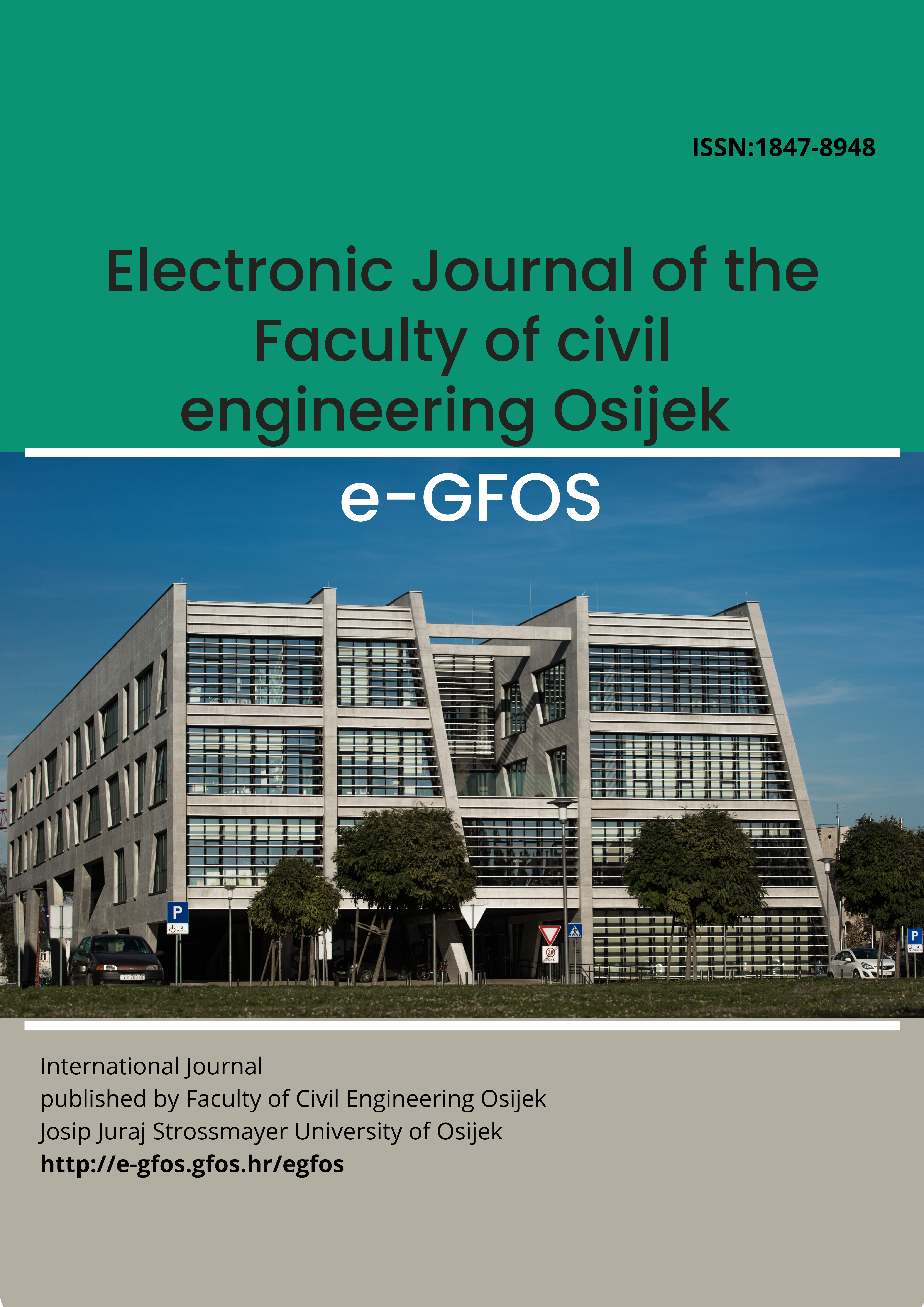INVESTIGATE PERFORMANCE OF POLYMER MODIFIED ASPHALT MIXTURES
Keywords:
polymer modified asphalt mixtures; epoxy resin; phenol resin; polyester resin; creep test; tensile strengthAbstract
In recent years, traffic loads have increased, and the sizes and loads of vehicles have become greater, thereby affecting the performance of asphalt pavements. Modified bituminous materials assist to add benefits to performance, maintenance and construction, in terms of better and longer lasting road, and saving in total road life cost. This study attempts to identify the influence of polymer modification in improving asphalt mixture performance. Three types of polymer resins were used, namely, Epoxy resin, Phenol resin, and Polyester resin. The physical properties of asphalt cement were tested by penetration and softening point. Apart from mix performance, the effect of modification on Marshall properties was studied. To estimate the tensile strength and evaluate the mixture’s susceptibility to temperature variations, three test temperatures were used (15, 30, and 45°C). Furthermore, modified mixtures were tested by measurement of static creep. Based on the study results, it was found that increasing the phenol or epoxy resin quantities in asphalt cement lead to an increase softening point and reduce penetration. Material properties can be improved by the incorporation of phenol and polyester resins, since recovery property can be improved. Moreover, using phenol resin in asphalt mixes can increase the resistance to deformation when exposed to traffic loading.

